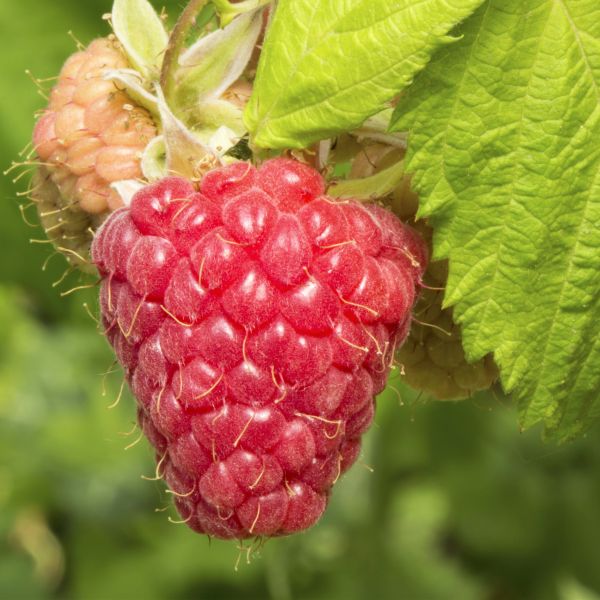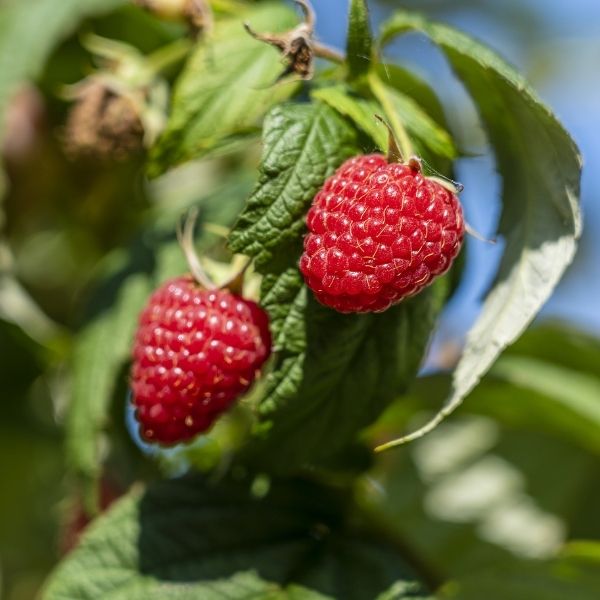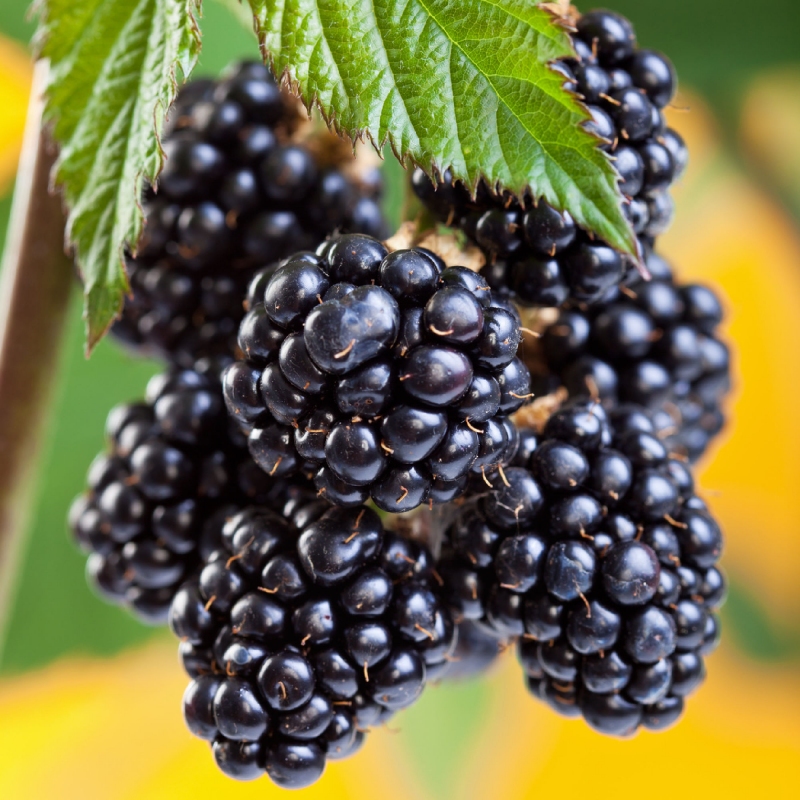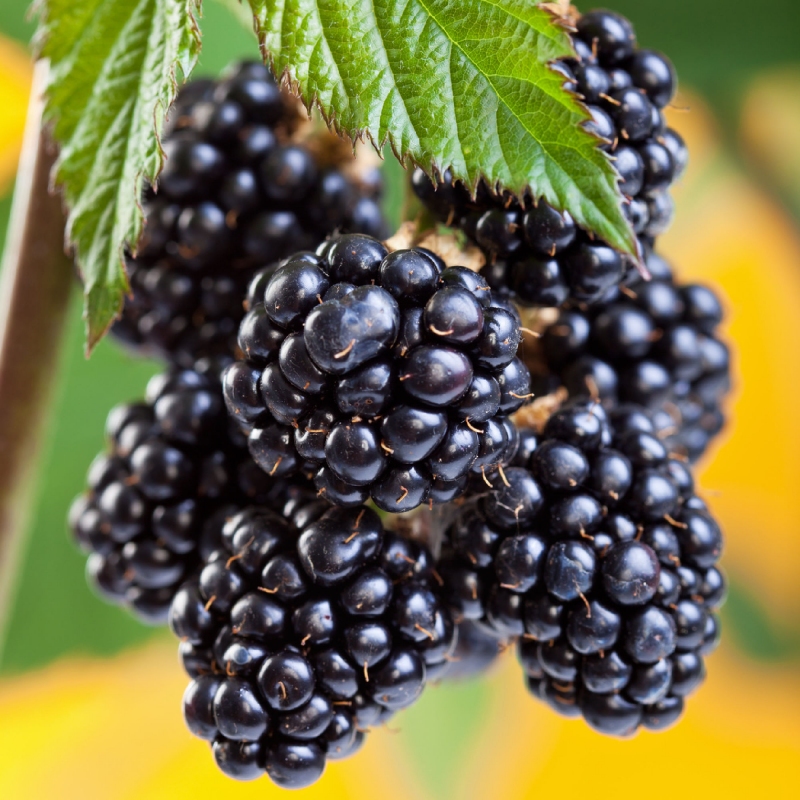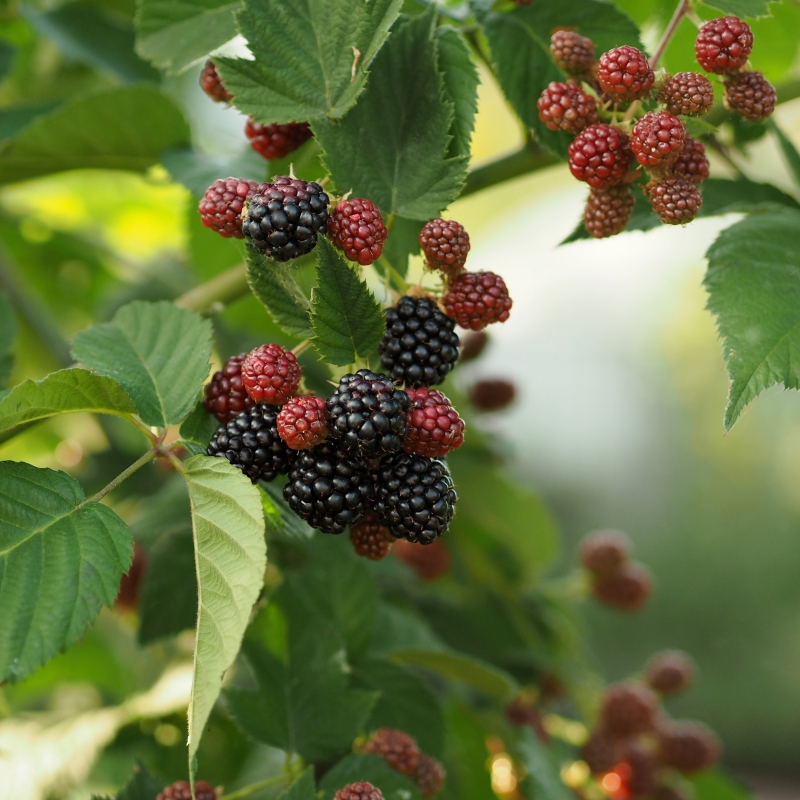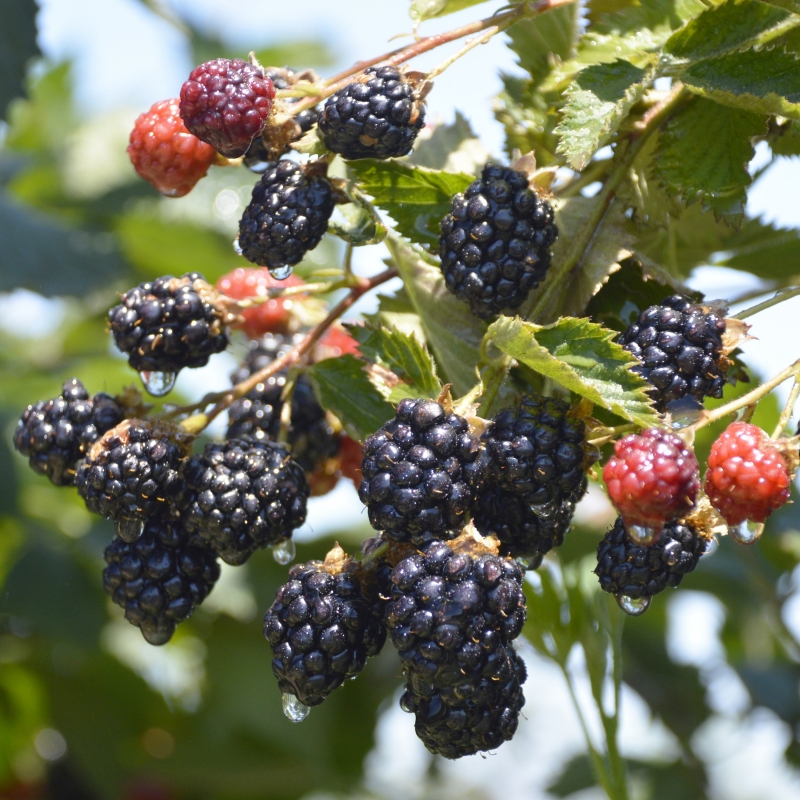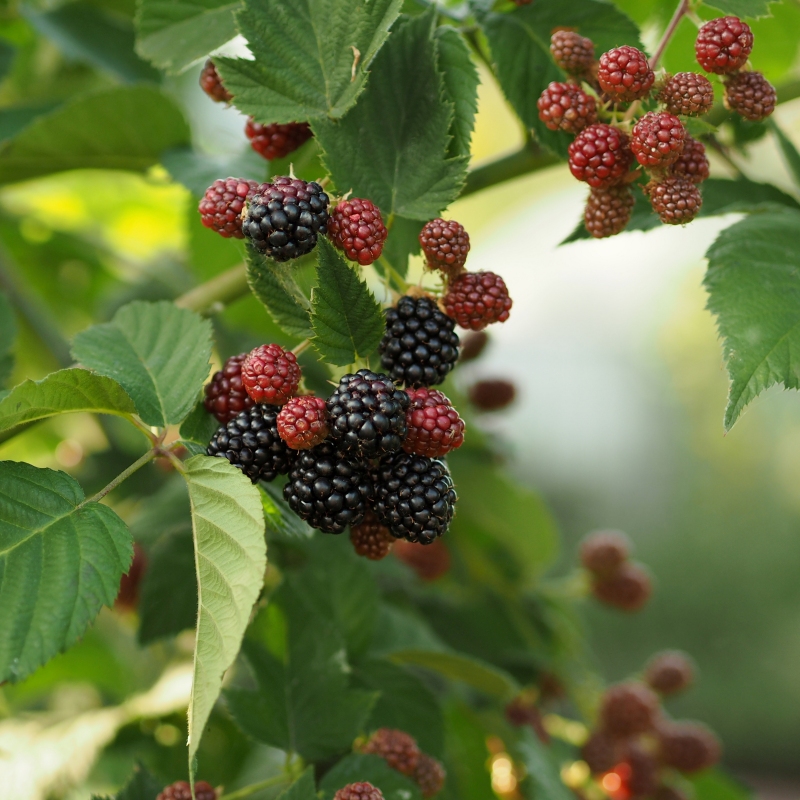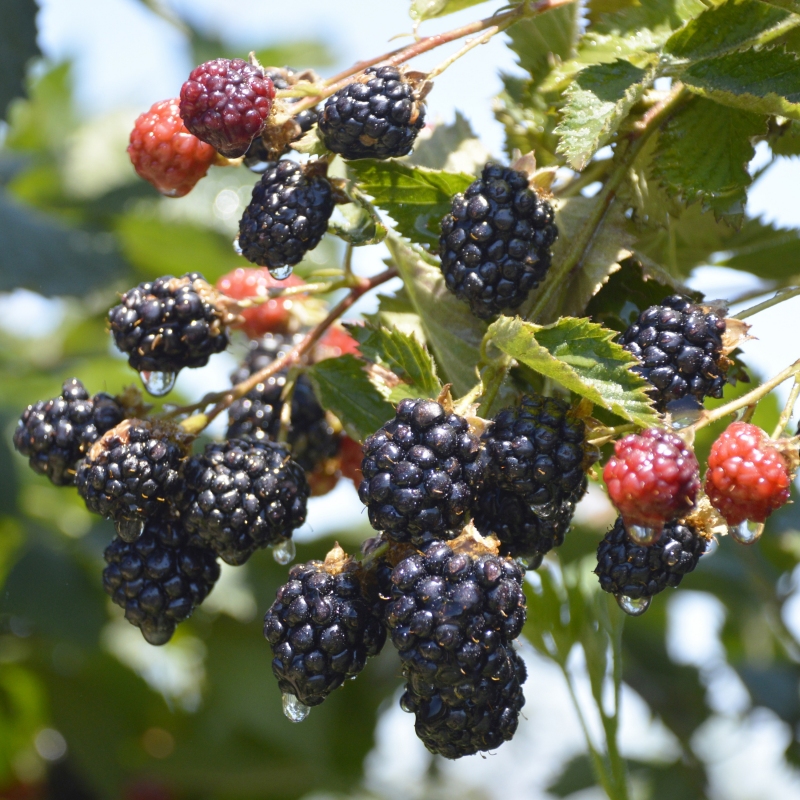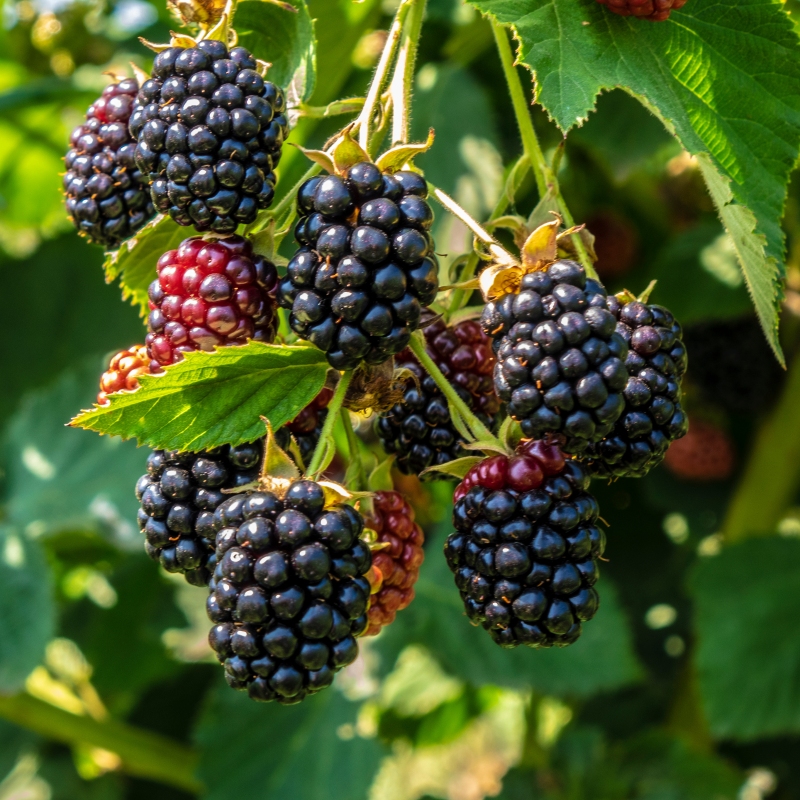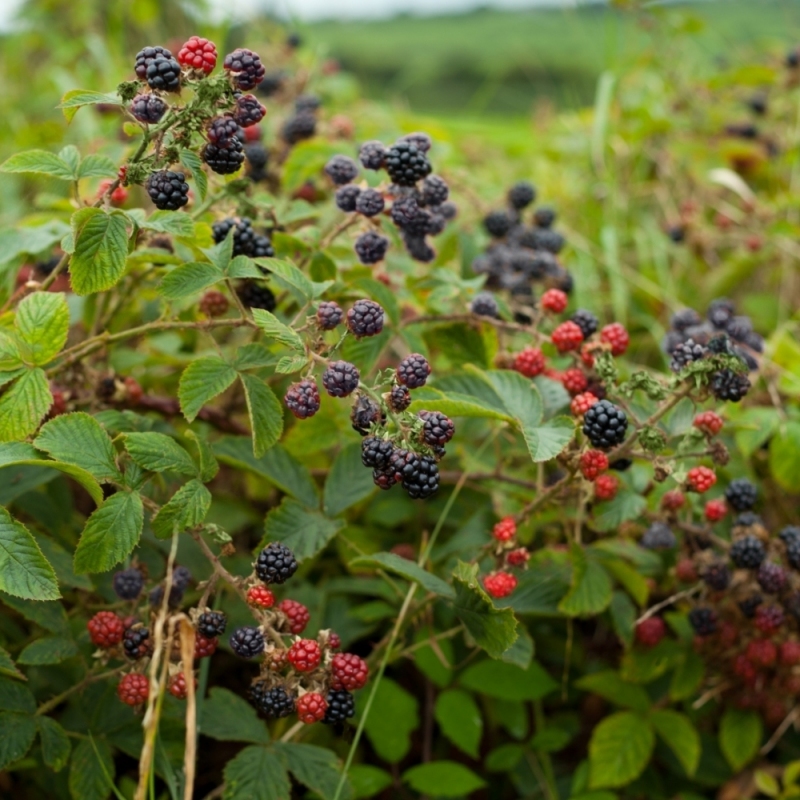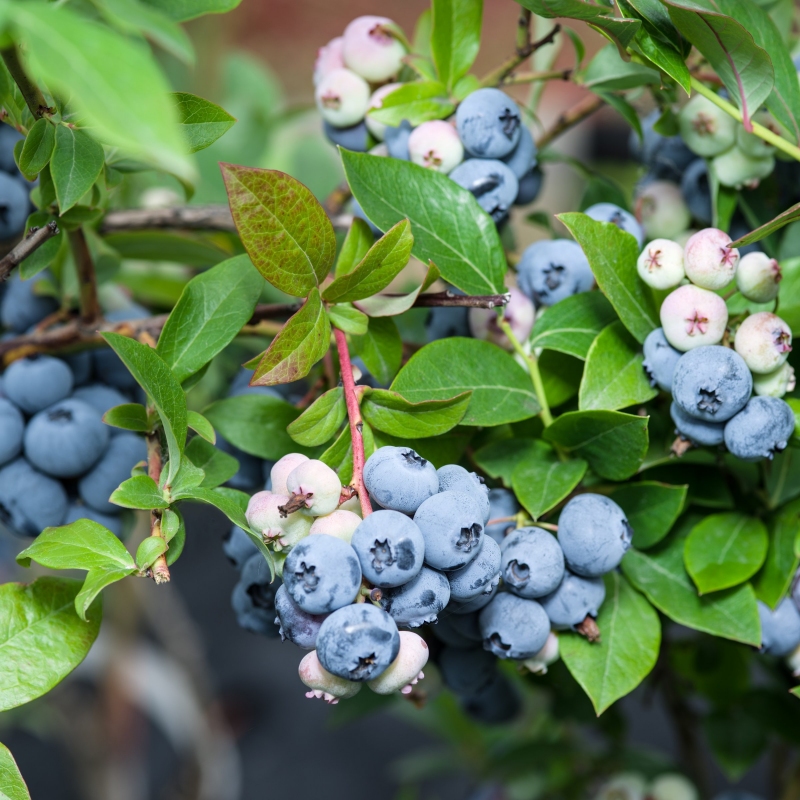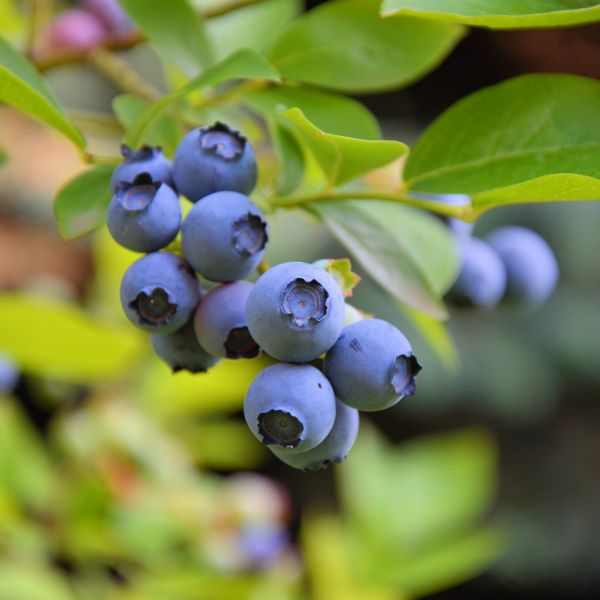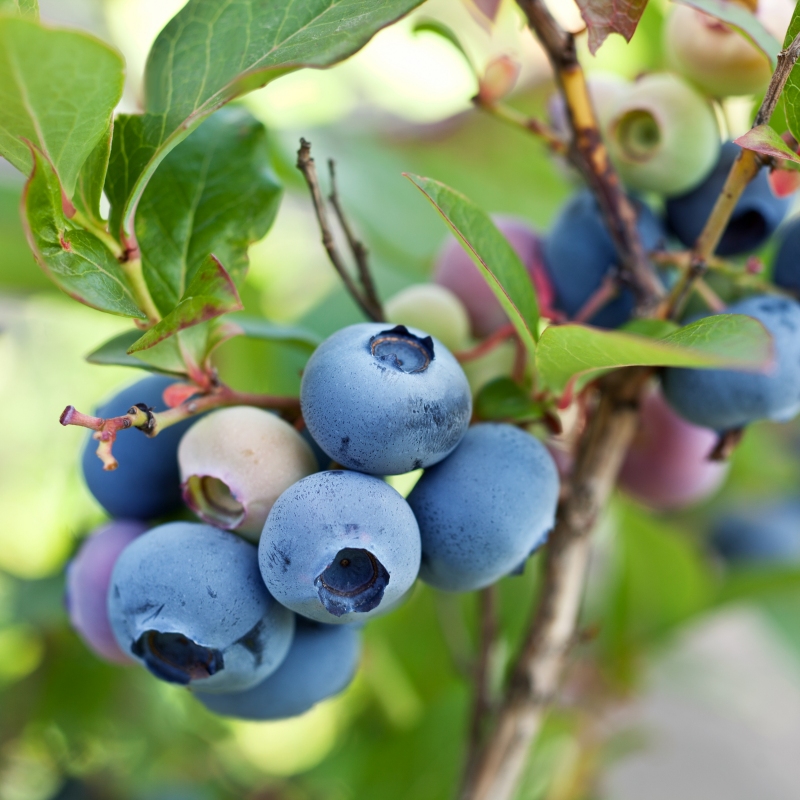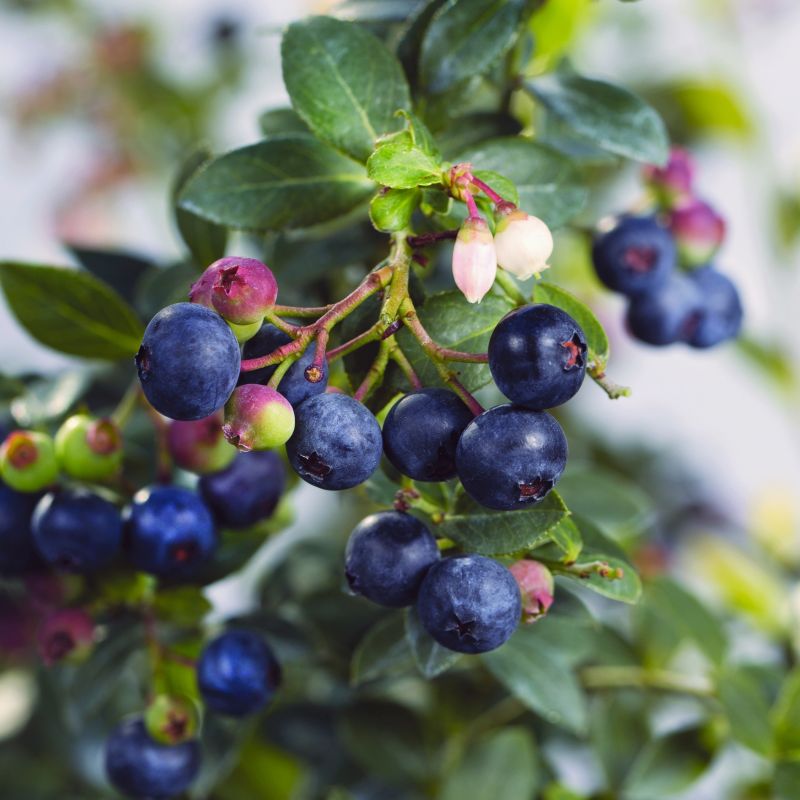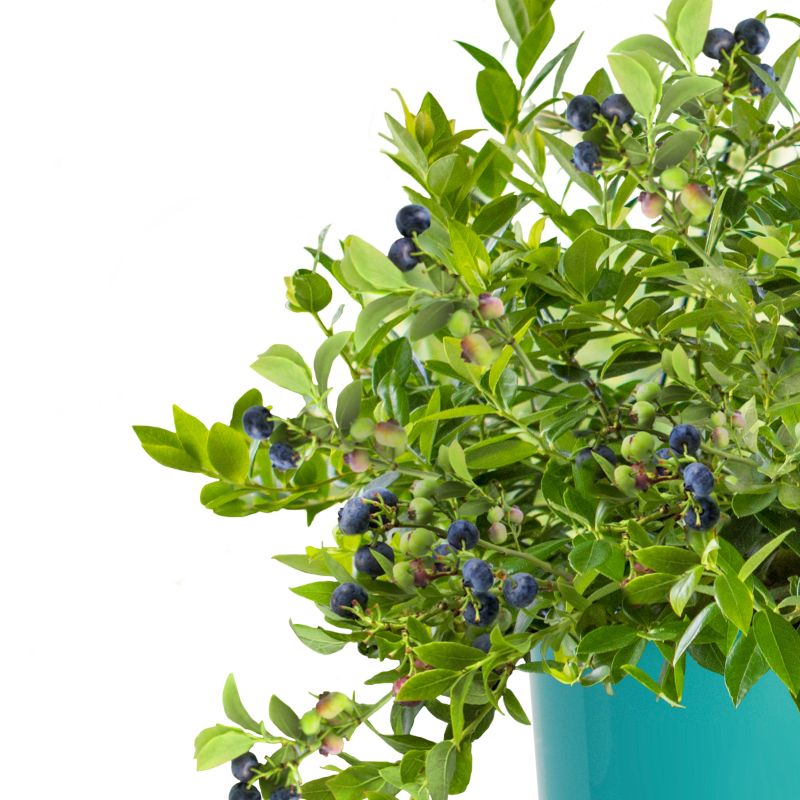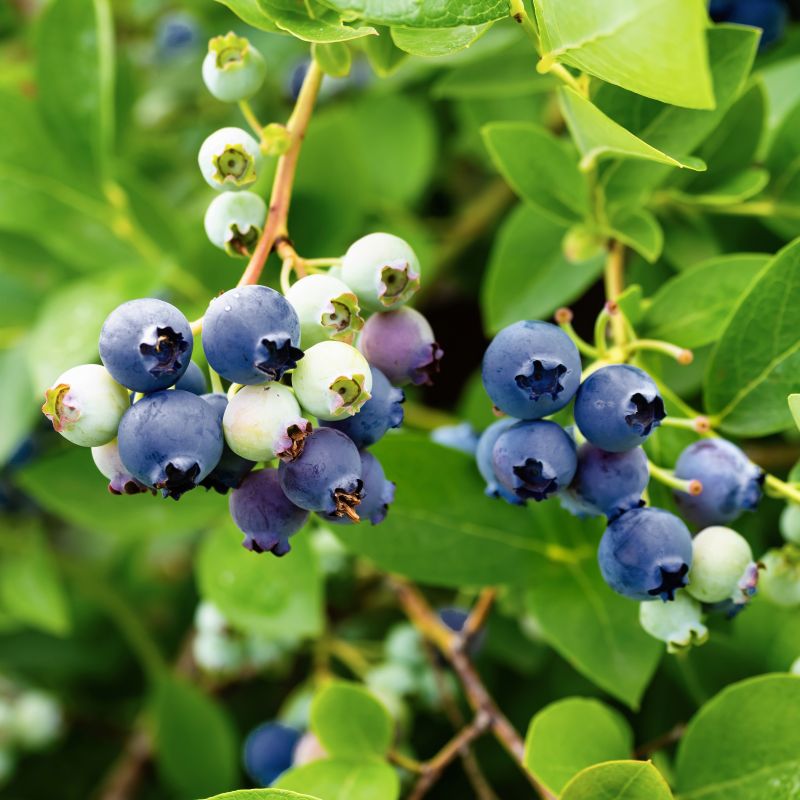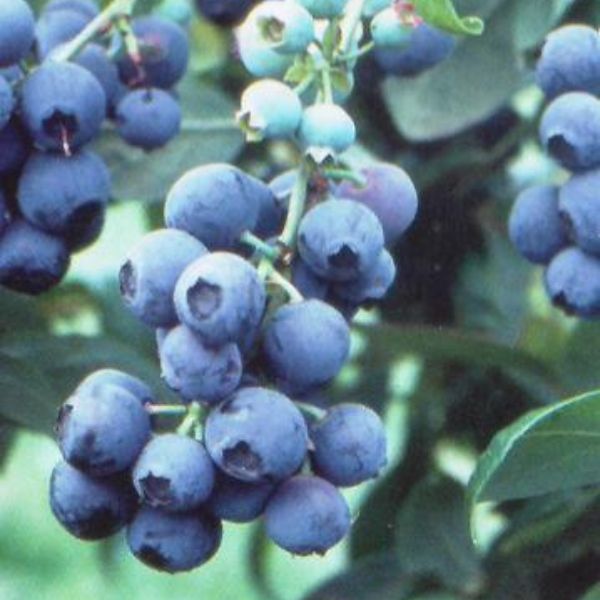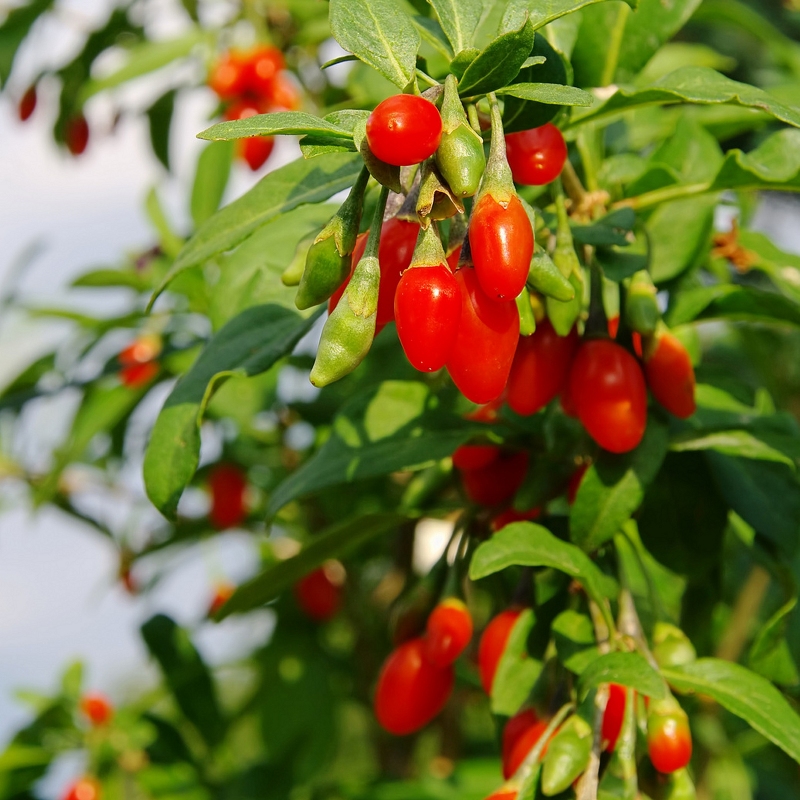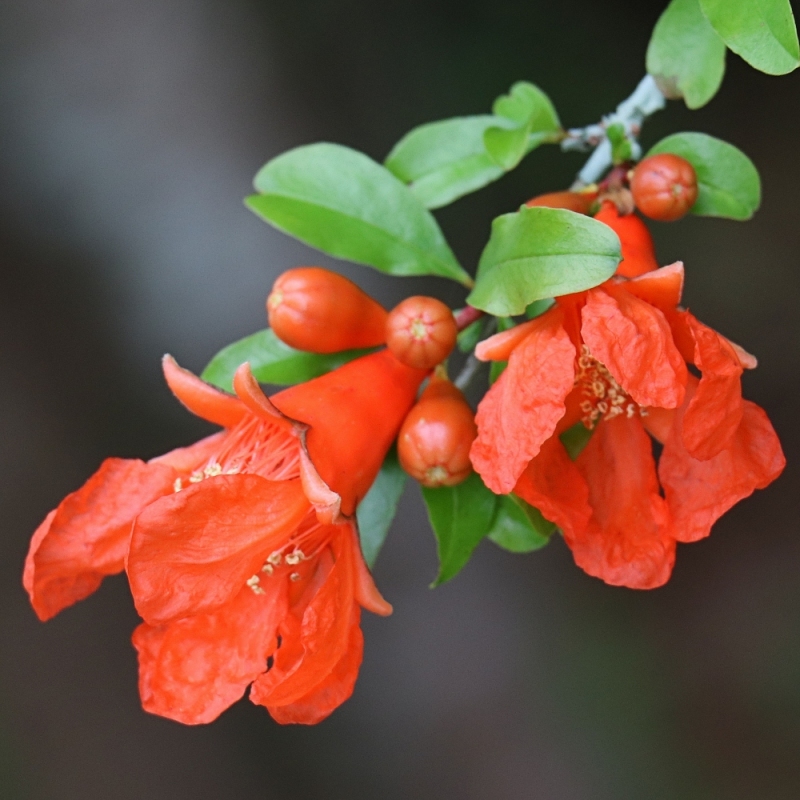

Canby Raspberry
Rubus idaeus 'Canby Red'
16 reviews


Canby Raspberry
Rubus idaeus 'Canby Red'
16 reviews
$0.00
$0.00
30% Off
1 Gallon
We are sorry, product is currently out of stock due to seasonal availability. Please check the "Related plants available in your area" section below
Why Canby Raspberry?
Canby Raspberry (Rubus idaeus 'Canby Red') is a popular red raspberry cultivar known for its large, juicy berries with a sweet flavor and a hint of tartness. It is a hardy, disease-resistant variety that produces high yields of fruit in late June to early July. Canby Raspberries are perfect for fresh eating, jams, jellies, and baking, making them a favorite among gardeners and berry lovers alike.
Related plants available in your area
Sunlight
Full sun is ideal for Canby Raspberry plants. They require at least six to eight hours of direct sunlight each day to grow and produce abundant fruit.
Watering
Canby Raspberry plants require regular watering, especially during dry periods. They need consistent moisture in the soil to produce good fruit. Adequate water supply is crucial for healthy growth and to prevent the plants from drying out or wilting.
Fertilizing
The fertilizer requirement for Canby Raspberry includes a balanced blend of nutrients, with a focus on phosphorus and potassium. It is generally recommended to use a slow-release fertilizer tailored for fruit-bearing plants to promote healthy growth and hi
The Canby Raspberry, a delightful fruit-bearing plant that will exceed your expectations with its exceptional taste and beauty. This raspberry variety thrives in USDA hardiness zones 4 to 9, making it suitable for a wide range of climates. With its vigorous growth and bountiful harvest, the Canby Raspberry is a true delight for both the palate and the eyes.
Its vibrant red berries are not only incredibly sweet and juicy but also add a pop of color to your garden, making it a stunning addition to any landscape. Whether you choose to grow it in containers, as a hedge, or along a trellis, the Canby Raspberry offers versatility in landscape usage, adding a touch of natural beauty to any outdoor space. It prefers well-drained soil with a slightly acidic pH and requires regular watering and pruning for optimal fruit production. Additionally, this raspberry variety is known for its resistance to diseases and pests, reducing the need for extensive maintenance. What makes the Canby Raspberry truly special is its ability to produce two crops in a single growing season, making it a true treasure for fruit enthusiasts. With its delectable taste, striking appearance, and easy upkeep, the Canby Raspberry is a must-have addition to any garden or edible landscape.
The Canby Raspberry is known for its exceptional hardiness and adaptability. It can withstand temperatures as low as -20°F (-29°C), making it a suitable choice for gardeners in colder regions. This raspberry variety is also tolerant of a wide range of climatic conditions, including both hot summers and more excellent coastal areas. Its ability to thrive in various environments makes it a versatile option for gardeners across different regions. The Canby Raspberry is a self-pollinating plant, meaning you only need one plant to ensure a bountiful harvest. This makes it an ideal choice for smaller gardens or for those who are limited in space. With its reliable performance and unique taste, the Canby Raspberry is sure to become a favorite among raspberry enthusiasts and a show-stopping addition to your garden or landscape.
Plant Information:
| Botanical Name: | Rubus idaeus 'Canby Red' |
| USDA Zones: | 4-8 |
| Water: | Moderate |
| Exposure: | Full Sun |
| Soil Needs: | Well Drained |
| Mature Height: | 5 - 6 feet |
| Mature Spread: | 3 - 4 feet |
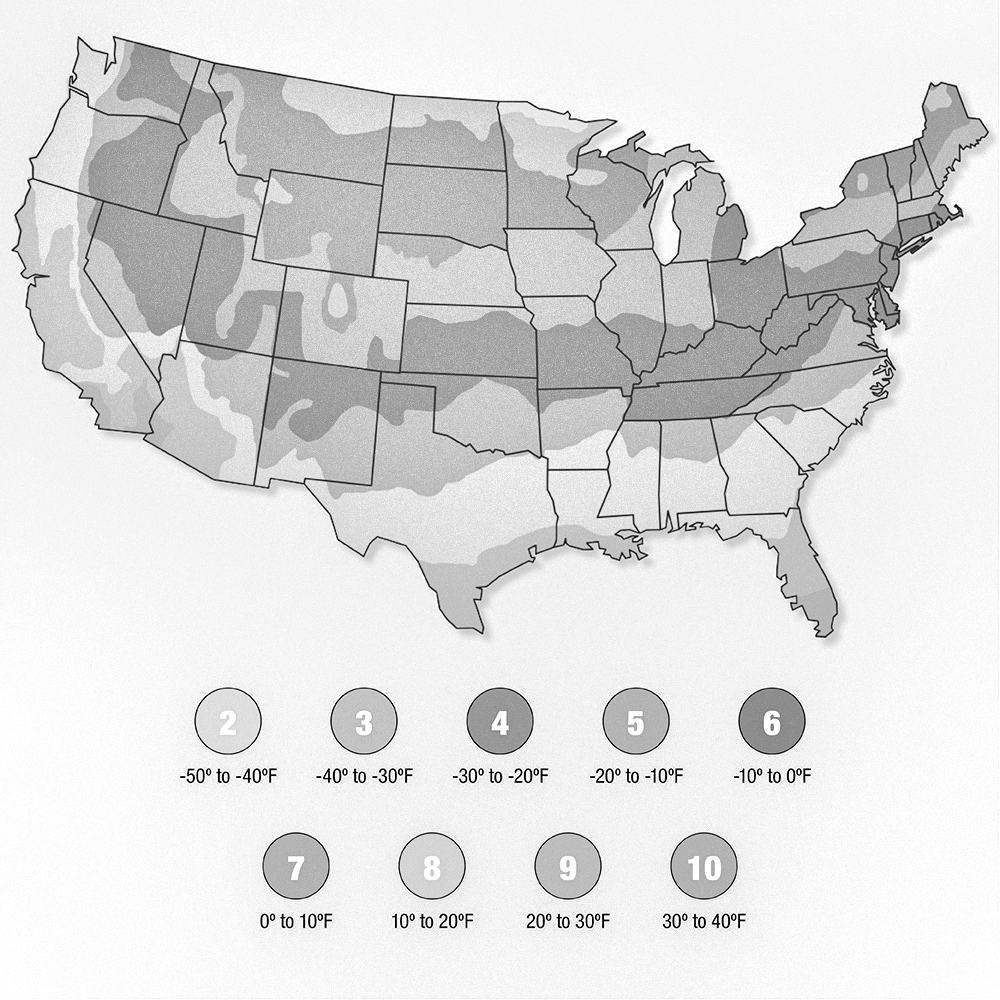
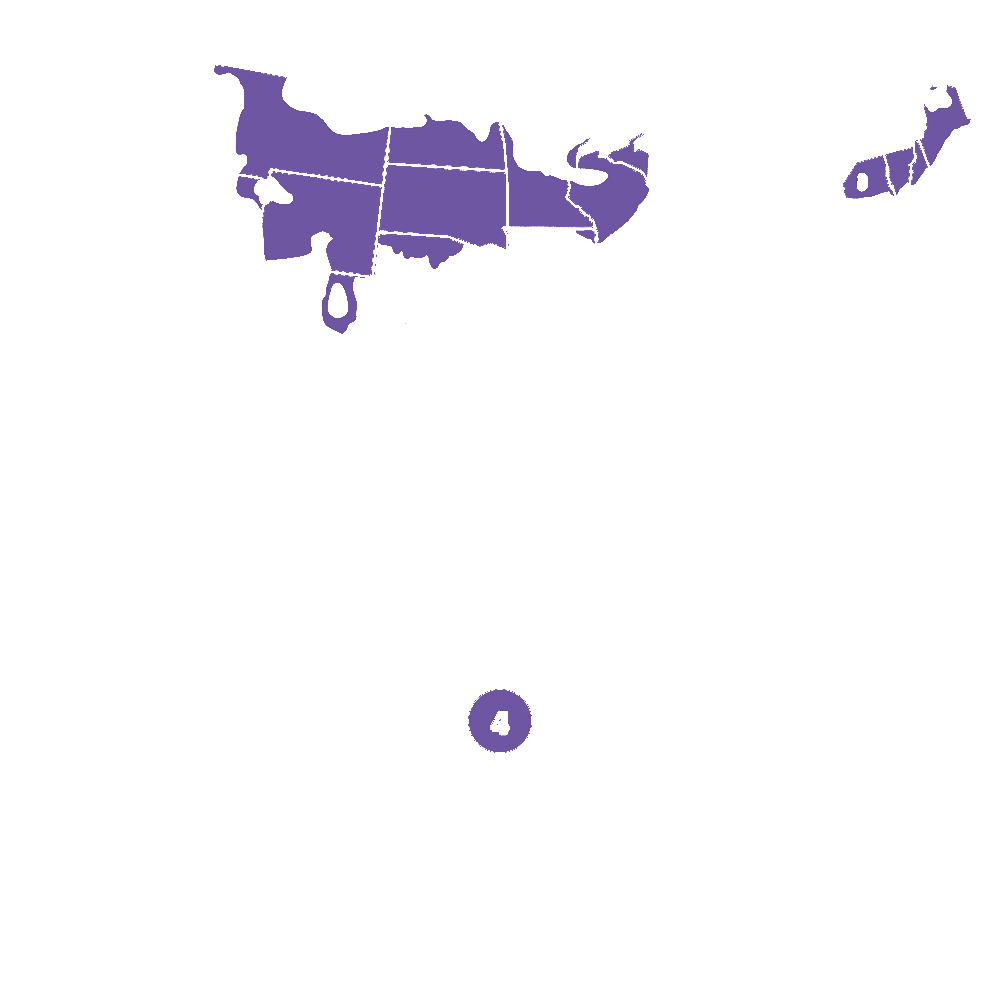
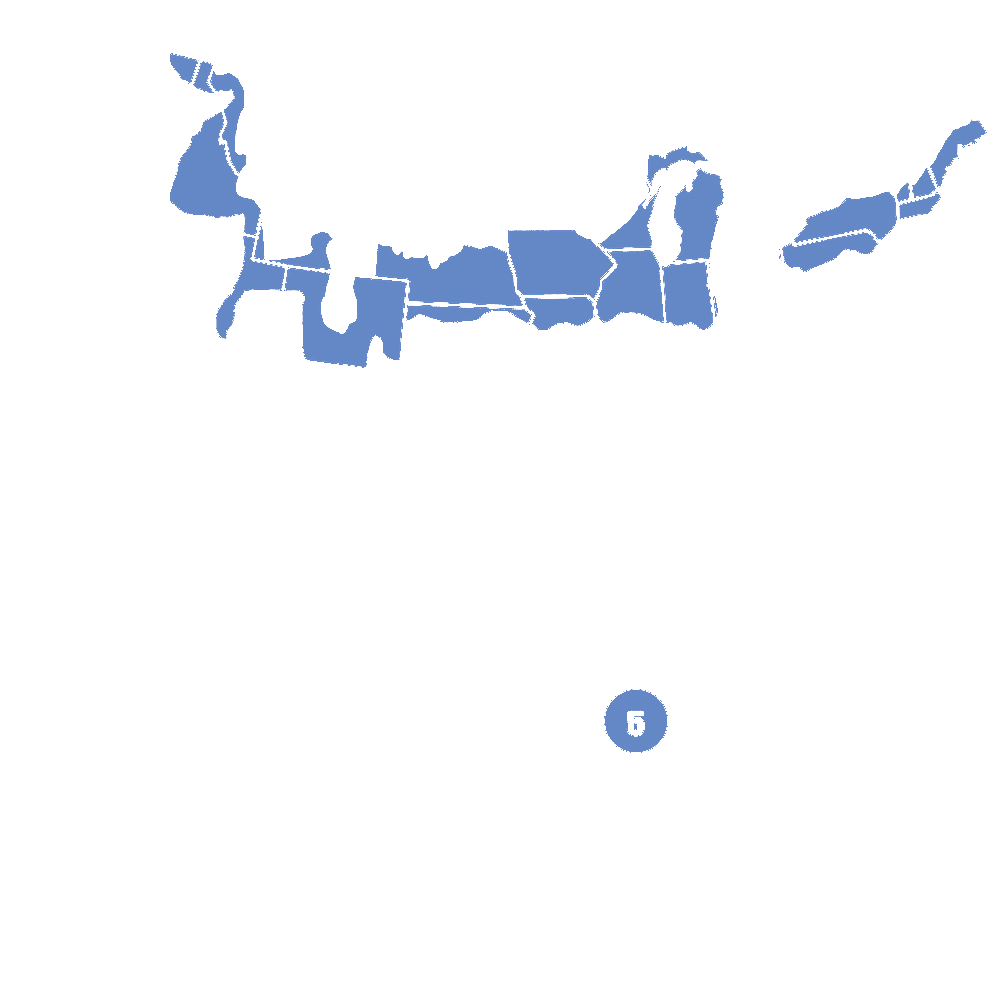
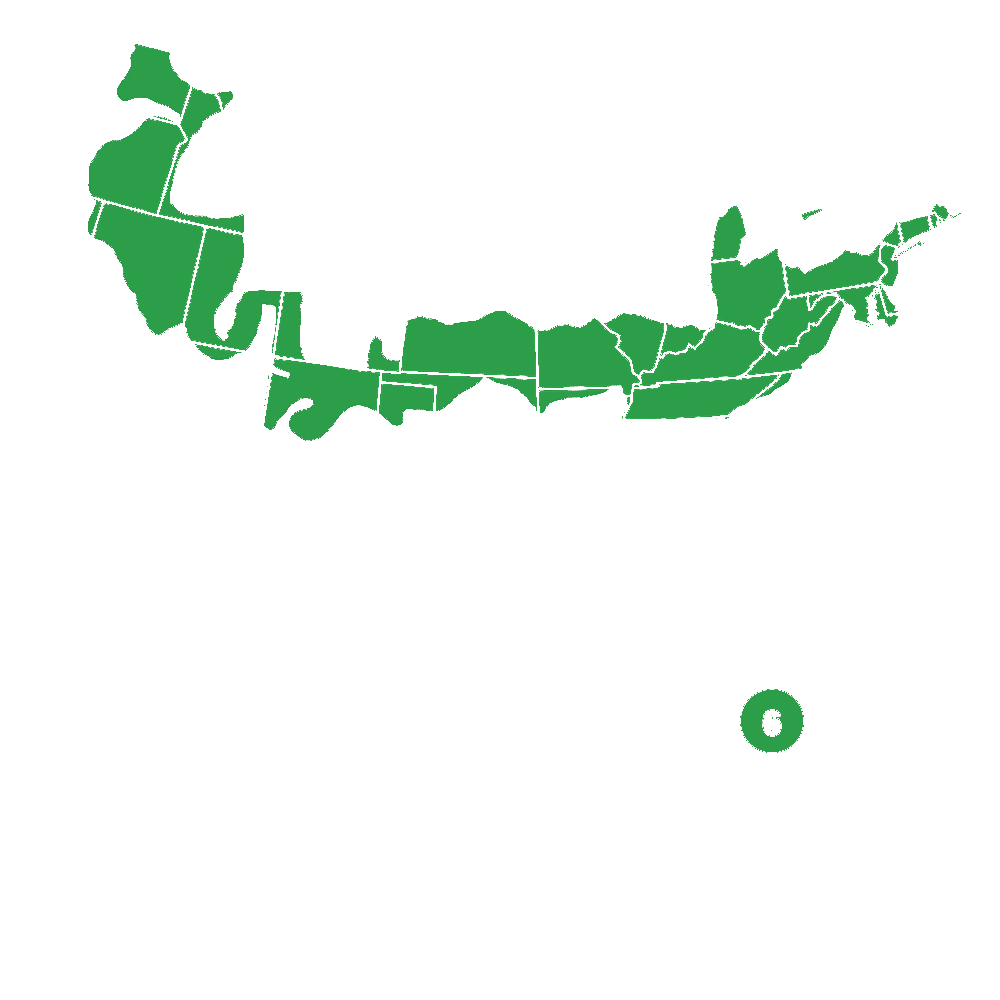

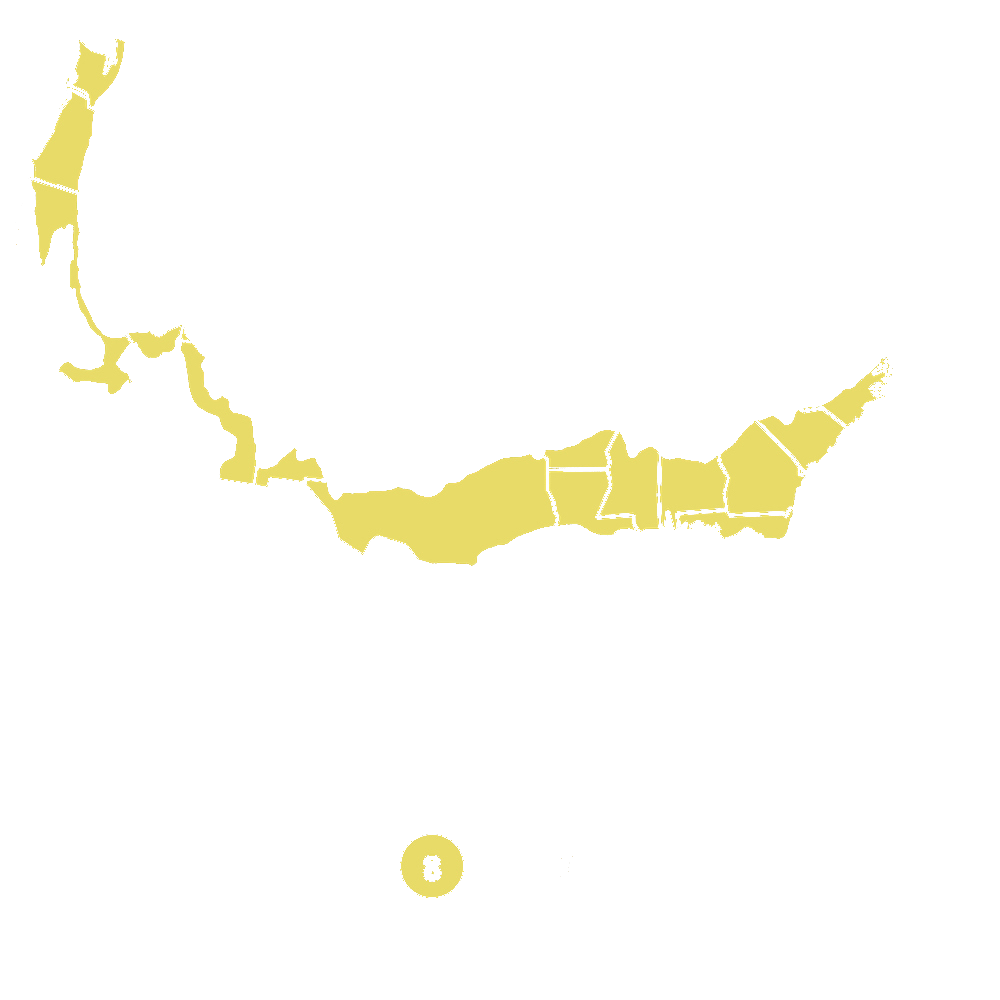
Pollination Info
Pollination Information for Canby Raspberry (Rubus idaeus 'Canby Red')
Canby Raspberry (Rubus idaeus 'Canby Red') is a self-fertile variety, which means it does not require another plant for pollination. However, cross-pollination can increase fruit production and improve fruit quality. The plant is pollinated by bees and other insects.
If you want to increase fruit production, you can plant another variety of raspberry nearby. Some good cross-pollinating varieties for Canby Raspberry include Autumn Bliss, Caroline, and Heritage. It is recommended to plant the cross-pollinating variety within 50 feet of the Canby Raspberry plant for best results.
It is important to note that Canby Raspberry can also cross-pollinate with other varieties of raspberry, so if you want to maintain the characteristics of the Canby variety, it is best to only plant it near other Canby Raspberries.
FAQ
Canby Raspberry (Rubus idaeus 'Canby Red') FAQ
What is Canby Raspberry?
Canby Raspberry is a cultivar of the red raspberry (Rubus idaeus) plant. It is known for its large and sweet berries, which are ideal for making jams, jellies, and baked goods.
What are the growing conditions for Canby Raspberry?
Canby Raspberry thrives in well-drained soil with a pH between 5.6 and 6.2. It requires full sun exposure for optimal growth. The plant is hardy in USDA zones 4-8, and can tolerate temperatures as low as -20°F.
When should I plant Canby Raspberry?
Canby Raspberry can be planted in the early spring or early fall. It is best to plant the bushes when they are dormant, and avoid planting them during extreme heat or drought conditions.
How should I prune Canby Raspberry?
Pruning of Canby Raspberry should be done in late winter or early spring before new growth appears. Remove all weak, diseased, or damaged canes, and thin out the remaining canes to about 6-8 per plant. Cut back the lateral branches to about 10 inches, leaving one or two buds per branch.
How often should I water Canby Raspberry?
Canby Raspberry requires consistent moisture throughout the growing season, but it is important not to overwater the plants. Provide them with about 1 inch of water per week, either through rainfall or supplemental irrigation.
What are some common pests and diseases of Canby Raspberry?
Canby Raspberry may be susceptible to various pests such as spider mites, aphids, and sawflies. Common diseases include raspberry cane blight, spur blight, and powdery mildew. To control pests and diseases, try using natural remedies such as neem oil, insecticidal soap, or copper fungicides.
Planting & Care
Planting Canby Raspberry (Rubus idaeus 'Canby Red')
Canby Raspberry can be planted in the spring or fall, when the soil is workable and the danger of frost has passed.
1. Choose a site with full sun to partial shade and well-drained soil.
2. Dig a hole that is twice as wide and deep as the root ball.
3. Mix compost or aged manure into the soil to improve drainage and fertility.
4. Place the plant in the hole and backfill with soil, tamping down gently.
5. Water thoroughly and mulch around the plant to retain moisture and control weeds.
Caring for Canby Raspberry
1. Water regularly, keeping the soil evenly moist but not waterlogged.
2. Fertilize with a balanced fertilizer in the spring before new growth begins.
3. Prune after fruiting to remove old canes and promote new growth.
4. Control weeds by mulching and hand-weeding.
5. Protect from pests and diseases by monitoring regularly and treating as needed.
6. Harvest fruit when ripe, typically in mid-summer, by gently pulling the berries off the plant.
Check Out These Verified Customer Reviews:
Customer Reviews
4.6 out of 5 based on 16 reviews
Thank you! Your review has been submitted.
Canby Raspberry tasted amazing! Excellent customer service.
The Canby Raspberry arrived fresh and plump, perfectly ripe for enjoyment. The website was easy to navigate and the shipment was quick and efficient. Highly recommended!
Satisfied with the Canby Raspberry. Good value for the price.
Item has been added to your cart.



